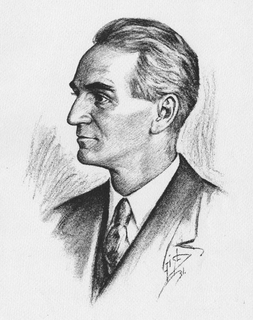A Quote by Ursula K. Le Guin
A dangerous book will always be in danger from those it threatens with the demand that they question their assumptions. They'd rather hang on to the assumptions and ban the book.
Related Quotes
If others tell us something we make assumptions, and if they don't tell us something we make assumptions to fulfill our need to know and to replace the need to communicate. Even if we hear something and we don't understand we make assumptions about what it means and then believe the assumptions. We make all sorts of assumptions because we don't have the courage to ask questions.
We have a tendency to make assumptions about everything! The problem with making assumptions is that we believe they are truth. We could swear they are real. We make assumptions about what others are doing or thinking-we take it personally-then we blame them and react by sending emotional poison in our word. That is why whenever we make assumptions, we're asking for problems. We make assumptions, we misunderstand, we take it personally, and we end up creating a whole big drama for nothing.
Dialogue is a space where we may see the assumptions which lay beneath the surface of our thoughts, assumptions which drive us, assumptions around which we build organizations, create economies, form nations and religions. These assumptions become habitual, mental habits that drive us, confuse us and prevent our responding intelligently to the challenges we face every day.
There will be some fundamental assumptions which adherents of all the variant systems within the epoch unconsciously presuppose. Such assumptions appear so obvious that people do not know what they are assuming because no other way of putting things has ever occurred to them. With these assumptions a certain limited number of types of philosophic systems are possible, and this group of systems constitutes the philosophy of the epoch.
It's one of those things where the book has all these stars that burn really bright that you hang onto and they're all saying, 'This is The Girl on the Train experience.' All those stars or hooks needed to be in the film, but sometimes they needed to be a bit different. It's important when adapting such a popular book to hit all those points but also break out expectations without slaughtering the book. And that was, for me, the joy of adapting the book.




































